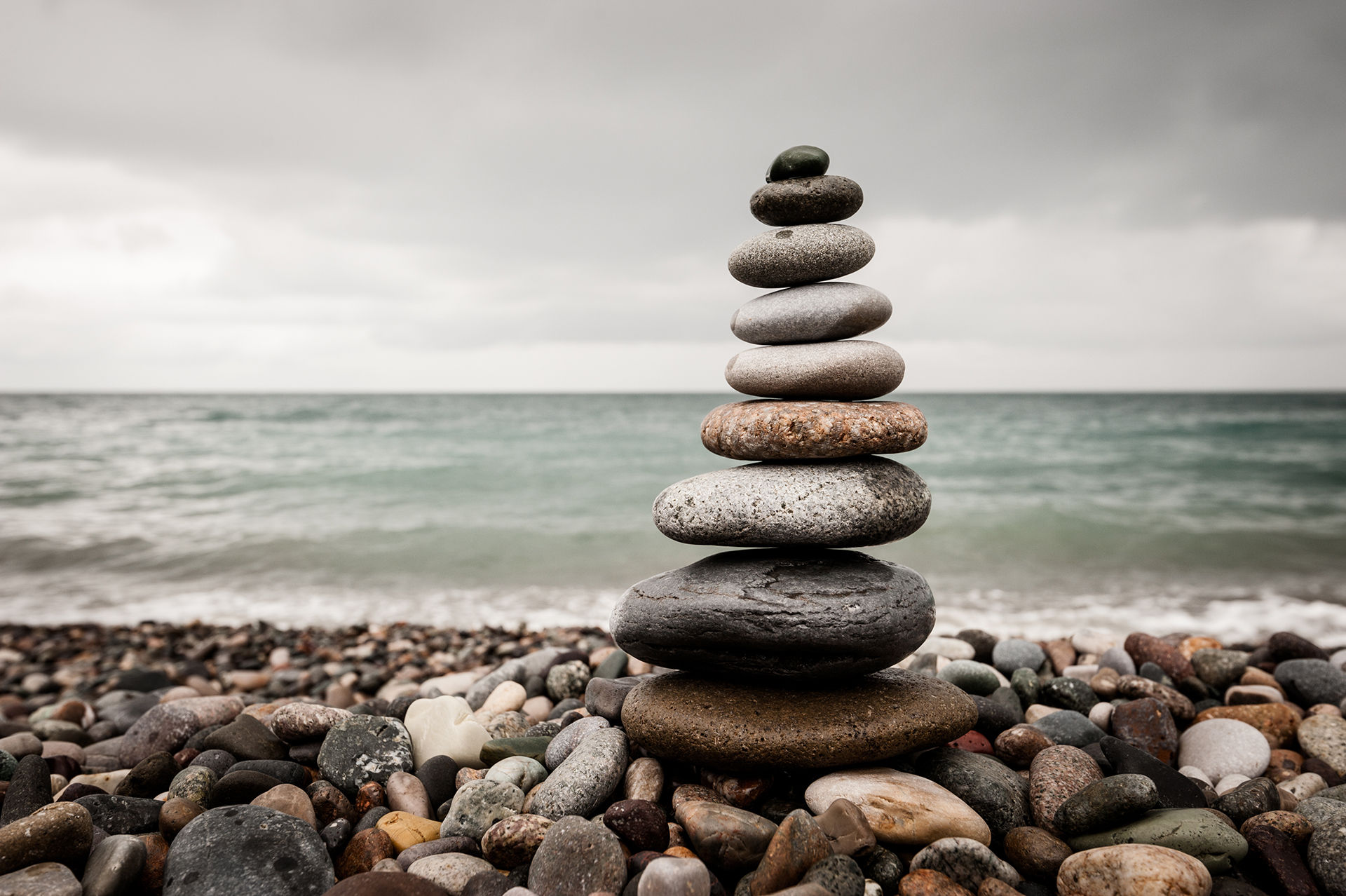

Prescription and Over the Counter medicine – safety in your home, safeguarding against misuse, abuse and addiction
What's the Difference? Prescription Drug Misuse vs. Abuse?
It's important to understand the difference from the outset. It all comes down to intention (FDA, 2010). Taking prescription drugs to feel good or get high is an example of drug abuse. Misusing a medication might include taking your own prescribed medication differently or at a higher dose than was advised by your healthcare professional or self-medicating with someone else's (for example, taking a friend's Myprodol to treat a headache, sharing a sleeping pill with a friend who needs a night of good sleep). Whatever the reason, using these medications for non-medical reasons — even just once — is very dangerous, and might even be illegal.
Key Facts
-
According to the Centres for Disease Control in the USA, 2/3rds of teens who use prescription medication are getting them from friends, family and acquaintances
-
Medications can be effective when they are used properly, but some can be addictive and dangerous when abused.
-
Three types of drugs are abused most often:
-
Opiods – prescribed for pain relief e.g. Myprodol
-
Central Nervous System depressants like benzodiazepines e.g. Xanor
-
Stimulants which are used for the treatment of ADHD – many people abuse drugs like Ritalin which give a feeling of heightened awareness and increased energy
-
-
Even over the counter drugs such as Syndol or cold and flu medications can be dangerous
-
Some cough medicines have very high alcohol levels in them - know your medications
-
What you don't know CAN hurt you. The more you know about any medication you use, the better you can be sure you're using it properly. Too many people take their prescriptions to the chemist without knowing the effects of the drugs they are about to take. Find out what they do, what the side effects are and follow the prescription strictly.
5 Drug do’s
-
DO take each medication exactly as it has been prescribed
-
DO make sure that your doctors know about all your medications
-
DO let your doctors know about any other over-the-counter medications, vitamins and supplements, or herbs that you use
-
DO try to use the same pharmacy to fill all your prescriptions, so that they can help you keep track of everything you're taking
-
DO keep medications out of the reach of children and pets
5 Drug don’ts
-
DON'T change your medication dose or schedule without talking with your doctor
-
DON'T use medication prescribed for someone else
-
DON'T crush or break pills unless your doctor instructs you to do so
-
DON'T use medication that has passed its expiration date
-
DON'T store your medications in locations that are humid, too hot or too cold. For example, the bathroom cabinet may not be the best place for your medication
What Parents Can Do
Educate yourself and your teen about the risks. Prescription drugs can be just as dangerous and as addictive as "street drugs" and can be lethal. Talk to your teen about the dangers of these drugs.
Keep track of quantities. Take note of how many pills are in a bottle or pill packet and track your refills. If you find you have to refill medication for a chronic condition more often than recommended, someone may be knowingly stealing your medication.
Follow directions carefully. Make sure you and your teen use prescription drugs only as prescribed by a medical doctor and take only the recommended dosages as indicated for both prescription and OTC drugs.
Be observant. If you find your teen is quickly going through cough syrup, or you find empty bottles and pill packages among your child's personal effects, talk with him or her, listen carefully, and determine if there is a problem. If there is a problem, call your family physician immediately.
If you are not sure – lock it up. Have a safe and secured place in your home where you can lock medicines away.
Help your teen find other ways to relieve stress and have fun. Many teens point to personal and family stress, as well as boredom, as reasons they abuse prescription and OTC drugs. Help your teen find other ways to relieve pressures, for example through positive activities that interest him or her, positive friendships, or by simply listening and offering guidance. Also, help your teen find constructive ways to pass time, and set a good example yourself.








